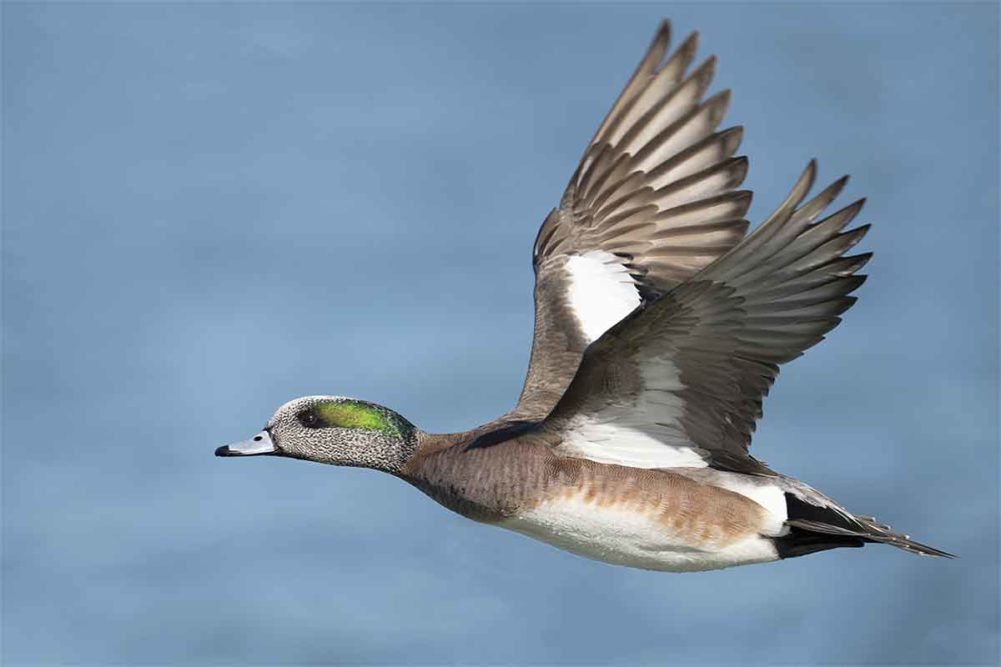WASHINGTON – The Animal and Plant Health Inspection Service (APHIS) of the US Department of Agriculture recently confirmed highly pathogenic Eurasian H5 avian influenza (HPAI) in a wild American wigeon – a type of shallow water duck – in Colleton County, South Carolina.
APHIS Wildlife Services collected the sample from the hunter-harvested American wigeon, and it was initially tested at the Clemson Veterinary Diagnostic Center. The presumptive positive samples were then sent to the agency’s National Veterinary Services Laboratories (NVSL) for confirmatory testing. Eurasian H5 HPAI has not been detected in a wild bird in the United States since 2016, APHIS noted.
The agency urges anyone involved with poultry production – from small backyard flocks to large commercial producers – to review their biosecurity activities. USDA is working with partners to actively search for avian influenza in commercial poultry operations, live bird markets and migratory wild birds. The Atlanta-based Centers for Disease Control (CDC) and Prevention considers the risk to the public from HPAI H5 infections to be low. No human infections with Eurasian H5 viruses have occurred in the United States.
The World Animal Health Organization (OIE) said various subtypes of avian influenza have been reported by more than 40 countries. In 2021, producers saw an unprecedented genetic variability of AI subtypes. H5N1, H5N3, H5N4, H5N5, H5N6 or H5N8 are the subtypes currently circulating in poultry and wild bird populations across the world, OIE said.


